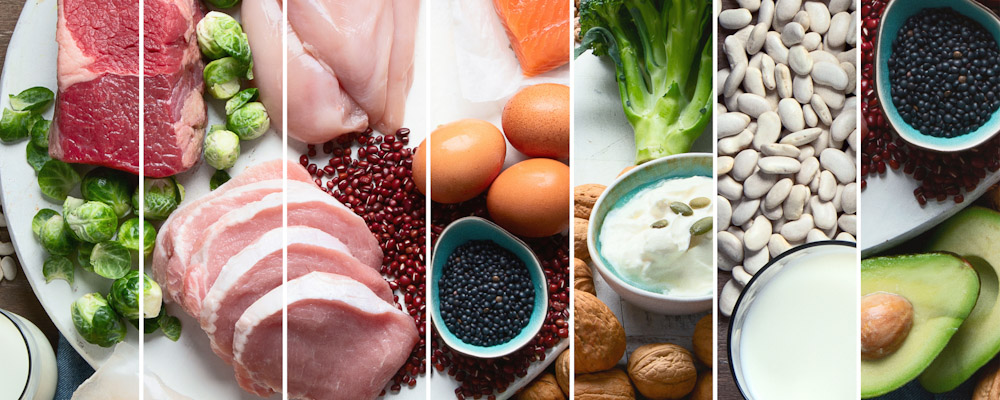It’s easy to justify our daily food intake by supplementing our diets with pills and powders. But, is it really better to get our key nutrients from a bottle rather than from real foods?
You’re probably familiar with a number of the nutrients your body needs, and why they’re important. Many of us grew up being told to eat carrots for better eyesight, drink milk for strong bones, and drink eight glasses of water every day. But how much of that advice is still applicable today?
Key Nutrients Our Bodies Need
To support proper body functions and brain development, we need a variety of foods in our diet. The key nutrients our bodies need include the following:
- Water
- Protein
- Carbohydrates
- Fat
- Vitamins
- A, C, D, E, K
- B vitamins – thiamine, riboflavin, niacin, pantothenic acid, biotin, B6, B12, and folate
- Minerals
- Calcium, chloride, magnesium, phosphorus, potassium, sodium, and sulfur.
- Trace minerals: Chromium, copper, fluoride, iodine, iron, manganese, molybdenum, selenium, and zinc
How to Get the Right Nutrients
As bland as water may seem, drinking it is the most effective way to stay properly hydrated. Of course, you can experiment with flavored water or other additions to your water in order to motivate you to get the amount you need. You can also find water in fresh produce, but you do need to guzzle the real thing daily to get enough for optimal performance, down to your body’s cellular level. It’s recommended we drink about half our weight in ounces each day. So, if you’re 130 pounds, you would aim to drink 65 ounces of water per day.
Although carbohydrates get a bad rap, carbs are essential for providing energy to the body and brain. We use carbs for glucose, which is a powerful fuel for the body. Without carbs, the body will turn to protein for glucose, breaking it down before it gets to the muscles. Using protein for energy production means our muscles don’t get what they need to maintain and/or build mass.
- Simple carbohydrates are sugars, and can be found naturally in food, or added purposefully. Simple carbs can be found in fruit, milk, and milk products. Table sugar is also a source of simple carbs, and it is added to a number of foods (baked goods, juice/soda, cereal).
- Complex carbohydrates can take longer to digest, giving you that “full” feeling for longer. Good sources of complex carbs are whole grains, vegetables, and even fruit.
Protein is comprised of amino acids, which promote cell growth. You can get protein from animal meat or plant sources, including eggs, dairy, nuts, and beans. Wherever you source your protein, you want a variety to keep cells fueled for regeneration. If you are a meat-eater, try to choose lean cuts of meat for more protein with fewer calories and fat.
There’s “good” fat, and then there’s “bad” fat. Contrary to what fad diets promote, we do need fat in our diets. Fat helps promote the absorption of vitamins and offers protection for our bodies. Fat not only serves as insulation to provide warmth, but it is the cushioning around our organs, it serves as reserve energy storage, fuel for cell growth, and helps regulate cholesterol and blood pressure. There are different types of fats, and understanding their impact on the body is key.
- Saturated fat is less desirable, as it is can raise your LDL (“bad”) cholesterol levels. It is commonly found in animal meat, cream, butter, high-fat dairy products, and cheese.
- Unsaturated fat can be divided into two types:
- Monounsaturated: avocados, peanut butter, nuts, seeds, plant oils
- Polyunsaturated: plants oils, walnuts, seeds, fish
You can focus on consuming the good forms of unsaturated fats, but you also need to reduce how much saturated fat is in your diet. Try replacing saturated fats with unsaturated fats, as simply eating more unsaturated fat won’t cancel out the saturated fat you consume.
Remember those carrots we talked about? We were told to munch on them as kids so we could get the vitamins we need to have healthy eyes. While there is truth to the health benefits of carrots, studies show you’d have to eat about 4.5 ounces of carrots six days a week for six weeks to see improvement. However, not all bodies are able to successfully convert beta-carotene to enough vitamin A to promote better eyesight. So what’s the point of eating your veggies?
Vitamins promote skin and eye health, bone and muscle development/growth, provide immune support, and can boost the nervous system. We need a variety of foods in our diets to supply us with all the vitamins our minds and bodies require. The same goes for minerals, too. Like vitamins, minerals can also promote bone health, muscle function, and circulation.
Are Nutrition Supplements Effective?
There are a lot of great ways to supplement our diets these days. Adding powders or capsule vitamins to our daily nutrition can be helpful, but there is a science to it. Finding the right balance of supplements isn’t as easy as just swallowing a Flintstones vitamin every morning; we may just be giving ourselves too much of one vitamin or mineral and not enough of another.
If you choose to go the supplement route, do your research to see what your body personally needs. Consider your activity levels and how you can best support your health goals with the right mix of food and supplements.
If you have additional questions, schedule a free consultation with one of our nutrition experts, today.








